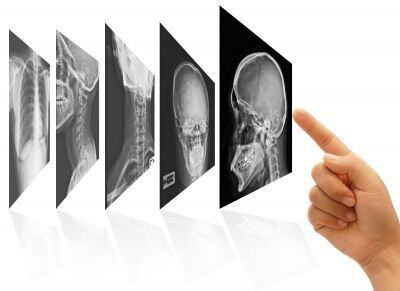Tips for Adopting Radiology Information Systems

Radiology technology is advancing thanks to the digital world. RIS (radiology information systems) is a bridge application that allows old radiology information systems to enter into the digital world while integrating old health records into modern electronic health records. EHR transfers and database manipulation is never an easy process, but there are some tips to minimize the time and effort of integrating RIS into your medical facility.
Planning and Hardware
Use a film digitizer and draw out a plan for the new RIS. Older film needs to get transferred into the new digital format. While the process can be long and tedious, having a firm and strategic plan, as well as a film digitizer, ensures that no old records or pictures fall through the cracks.
Delegate Tasks
Use the film room staff to handle the film digitizing. This delegates tasks to the staff best equipped to undertake and finish the work. In addition, utilizing the film room staff taps into their knowledge of former patients and has memory recall benefits that help make the transition smoother. Do not discount the accumulated experience and knowledge of the film room staff.
Reduce Redundancy
Have only one group handle each task. This helps prevent duplicate records, wasted labor costs, and using staff that is inappropriate for the tasks at hand.
Mammogram Digitizing
Mammogram radiology is a unique and enigmatic aspect of a radiology technician's work. For this reason it is critical that a special group of mammogram radiology technicians handle the digitizing of the mammogram records and film. This ensures the EHR mammogram records are stored according to the specifications needed for the procedures and record keeping.
Medical Digitizers vs. Scanners
To make the EHR high quality and the film records perform at their best, do not use scanners. Invest in the film digitizer designed for medical use. This ensures that the smoothest and best quality digitized records make it into the newly formed EHR.
Using these several tips, medical facilities make the transition to RIS easier. It is also important that all American College of Radiology (ACR) guidelines be followed during the entire process.
Key Takeaways:
- Make a solid plan and delegate tasks to those most suited for each job.
- Use a medical digitizer, rather than a scanner, to convert physical files to EHR.
About Stephen O'Connor
Stephen O'Connor is the Director of Brand and Digital Marketing, responsible for many aspects of Advanced Data Systems Corporation’s (ADS) marketing, including product marketing, customer acquisition, demand generation, brand, brand design, and content marketing.
Stephen has more than 20 years of healthcare industry experience. Prior to ADS, Stephen spent 11 years at Medical Resources Inc. (MRI), most recently as the Manager of Marketing & Internet Services, where he and his teams were responsible for all marketing efforts and the market positioning of MRI’s services.
Stephen spends his day's planning, writing, & designing resources for the modern healthcare professional.






